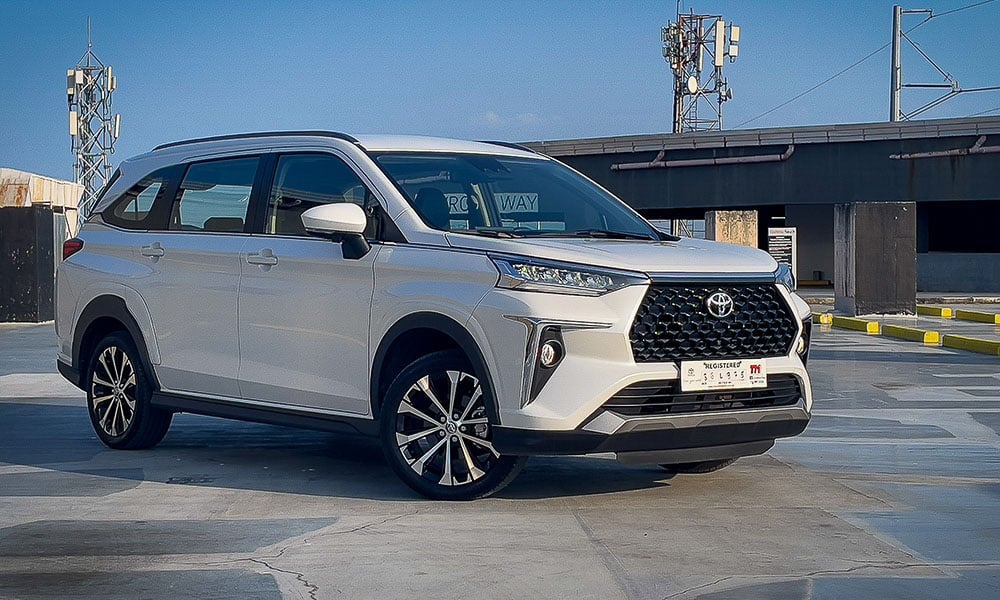
Remember back in the late ’90s when Toyota Motor Philippines first came up with the “Altis” name? In response to Nissan’s Sentra Exalta, TMP gave the “Love Life” Corolla (the same generation as the TOM’S Turbo version) with a bigger 1.8-liter engine and some other features. The model was then named the Altis, one which the popular sedan still uses until now.
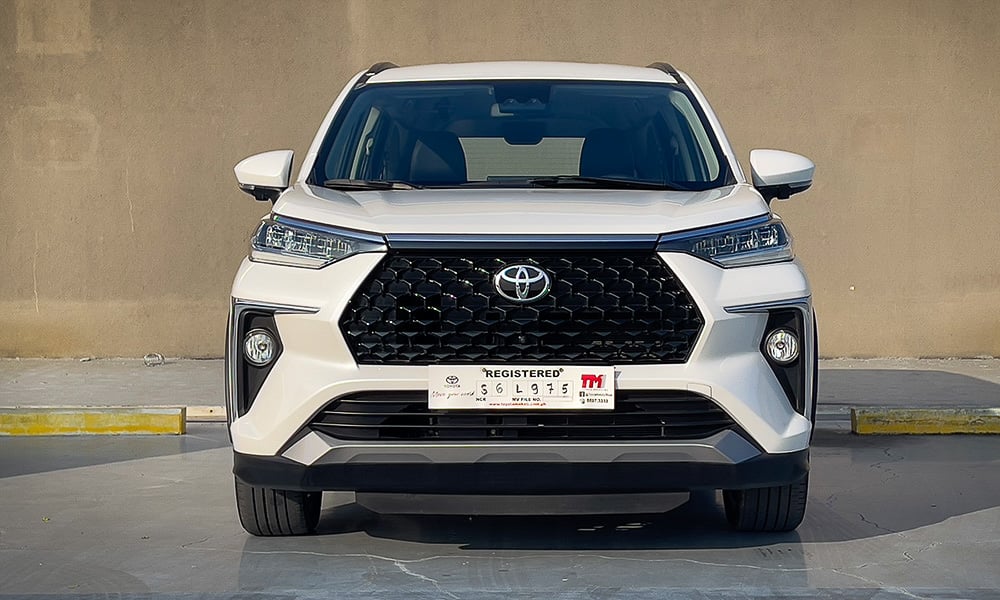
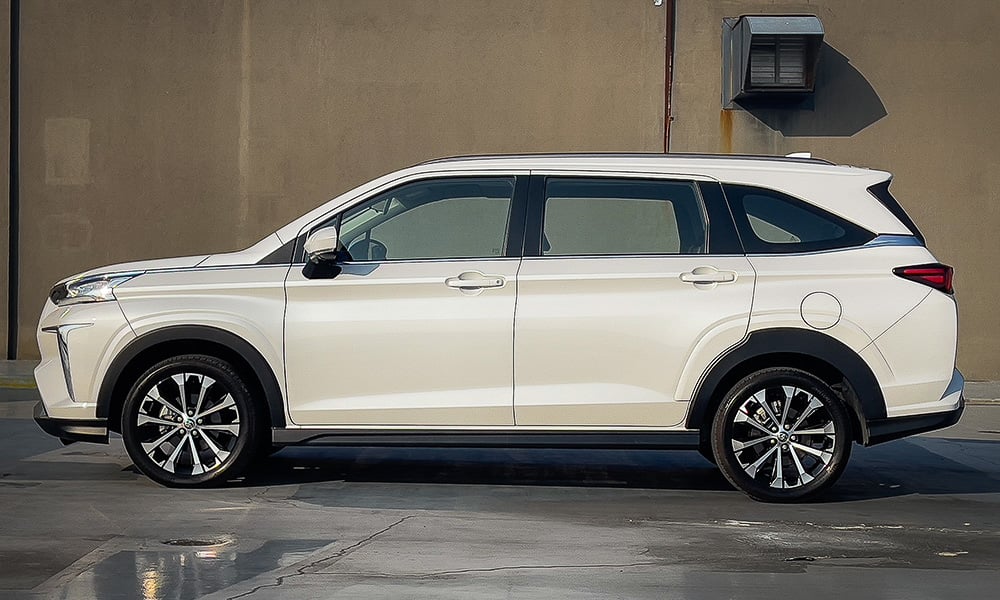
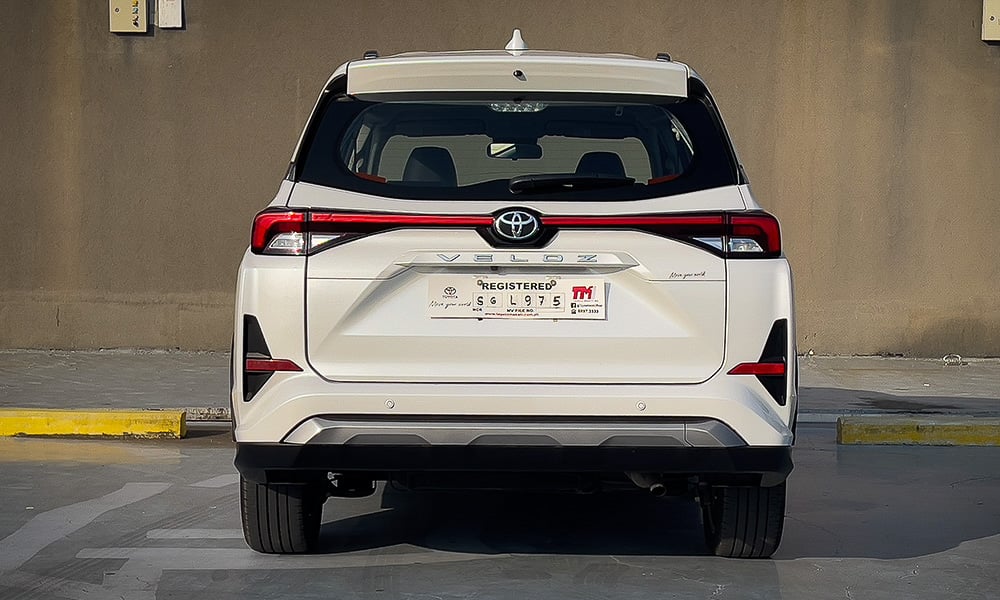
This strategy worked well for Toyota. Take the case of the second-generation Avanza. Toyota just did some exterior changes, added a few more features, and gave it a second name, “Veloz.”
Though the E and J variants sold more, reception of the new top-of-the-line model was pretty well. So when the Japanese carmaker launched the third-generation model, people were expecting the same strategy to be employed. Well, we were all surprised.
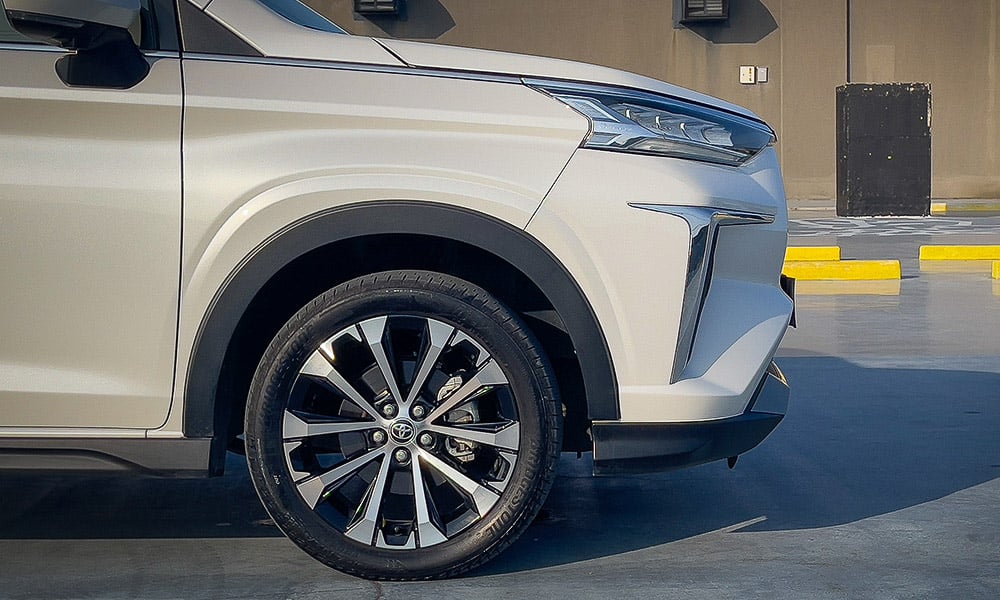
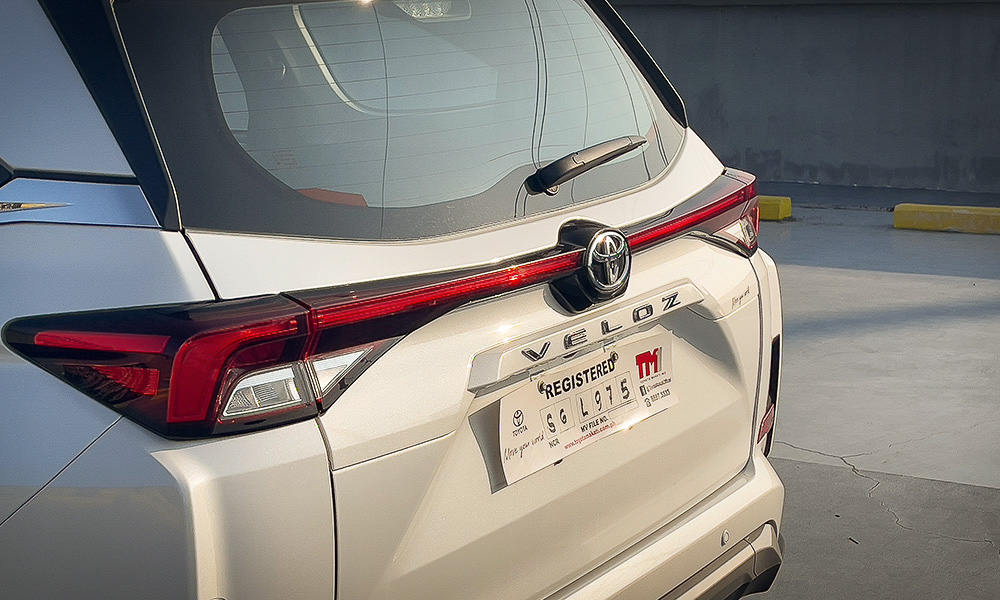
The Veloz moniker stayed, but Toyota markets it now as a subcompact seven-seater crossover—a completely new vehicle from the Avanza that this was based on.
But has Toyota done enough for it to step out of the Avanza’s shadow? Or is it still largely a kitted-out Avanza? I had the keys to the range-topping 1.5V variant for a week. And this is what I found out.
To begin with, the aesthetic differences from its platform twin are much greater now. At the front, the Veloz gets a completely new face, sharing little panels with the Avanza, albeit the sides still show the silhouette of the latter. But it has bigger wheels and a chrome trim from the bonnet to the edge of the D-pillar.
The taillamp cluster now comes with a complementing lightbar that is only broken up by the Toyota logo at the center. The rear bumper is so much better-looking, too. All in all, the Veloz does give off the crossover vibe, especially with the 10mm bump in ground clearance (190mm in total).
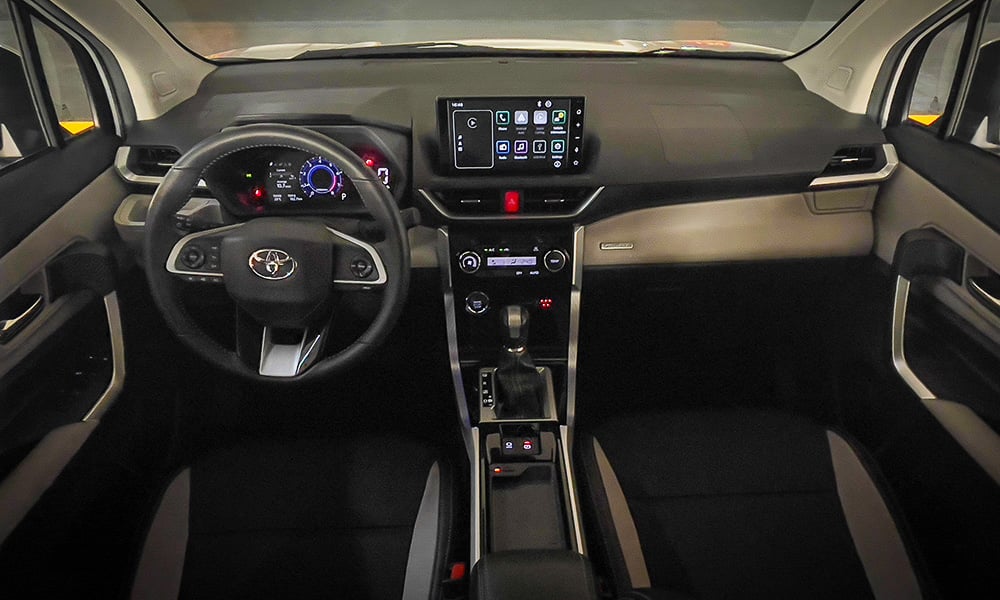
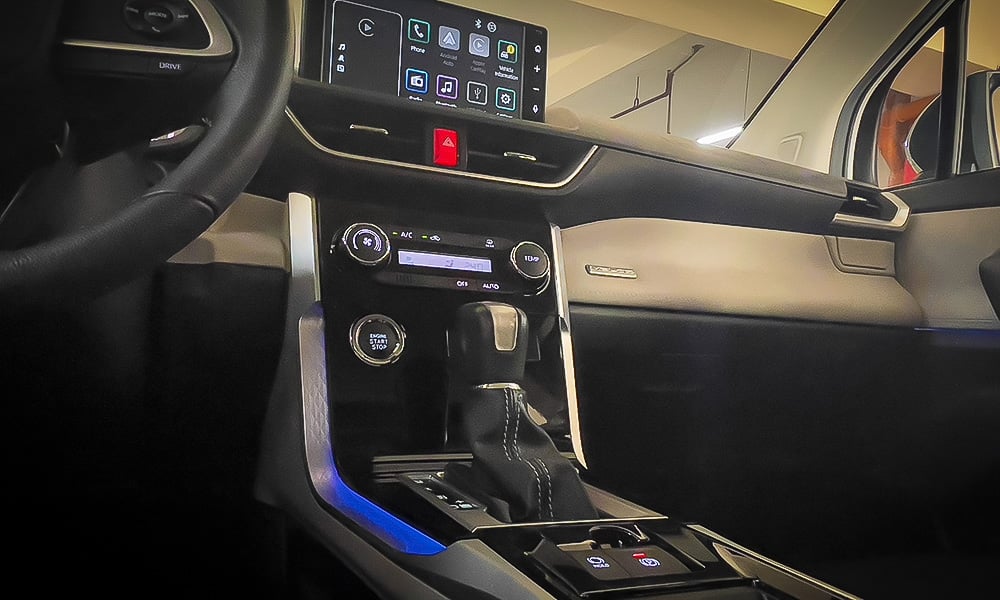
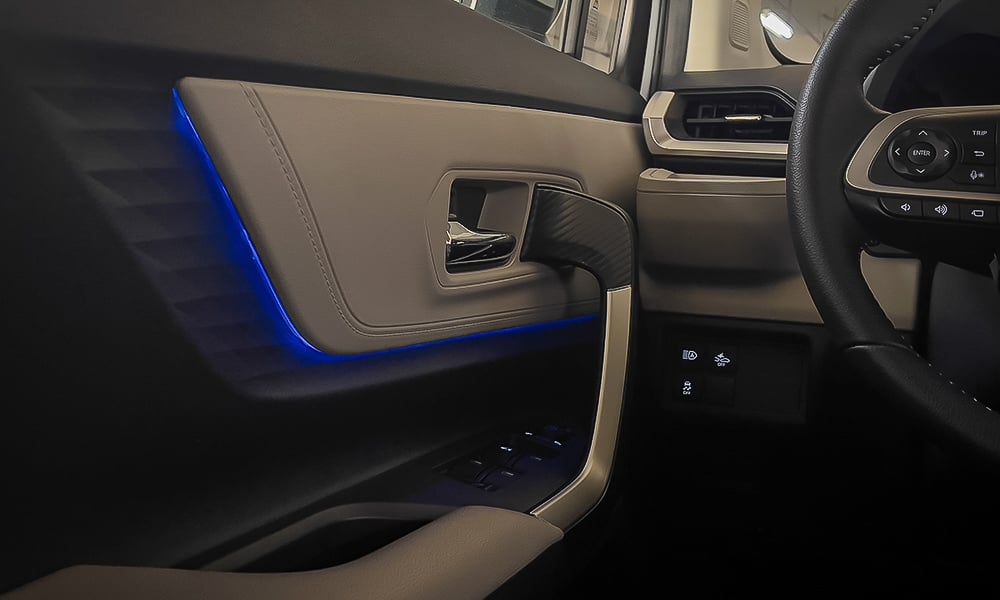
Inside, it is still very similar to the Avanza, but looks better and feels more premium. The steering wheel, the dashboard, and the door cards have tasteful silver and leather-wrapped trims. The Veloz even has blue ambient lighting that appears kind of cool at night.
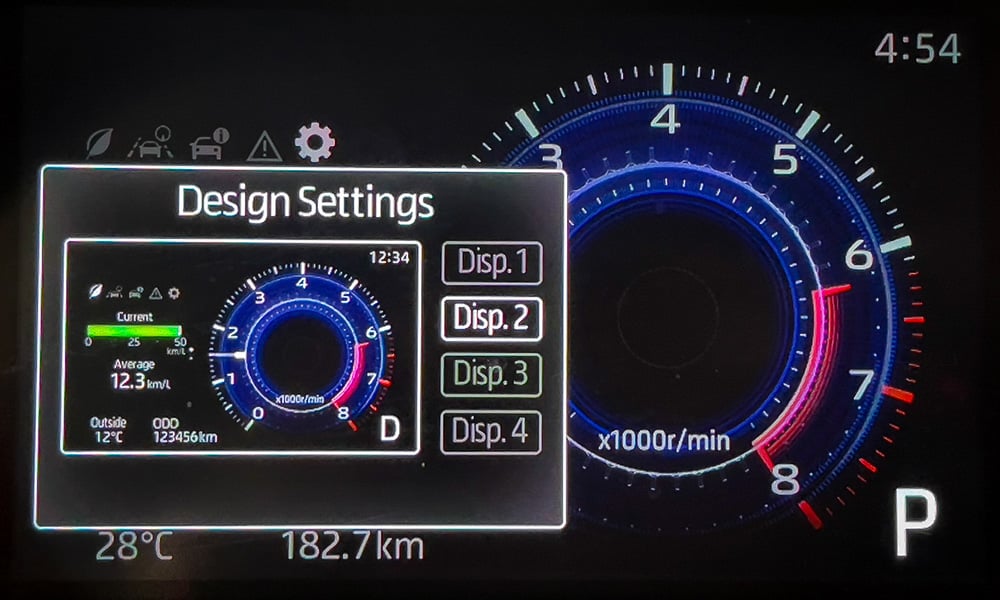
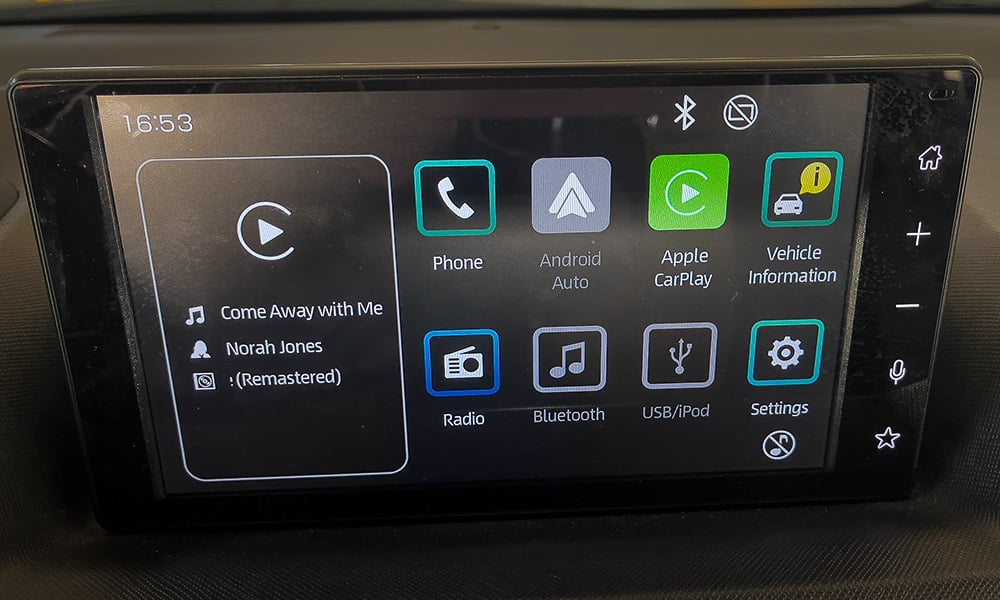
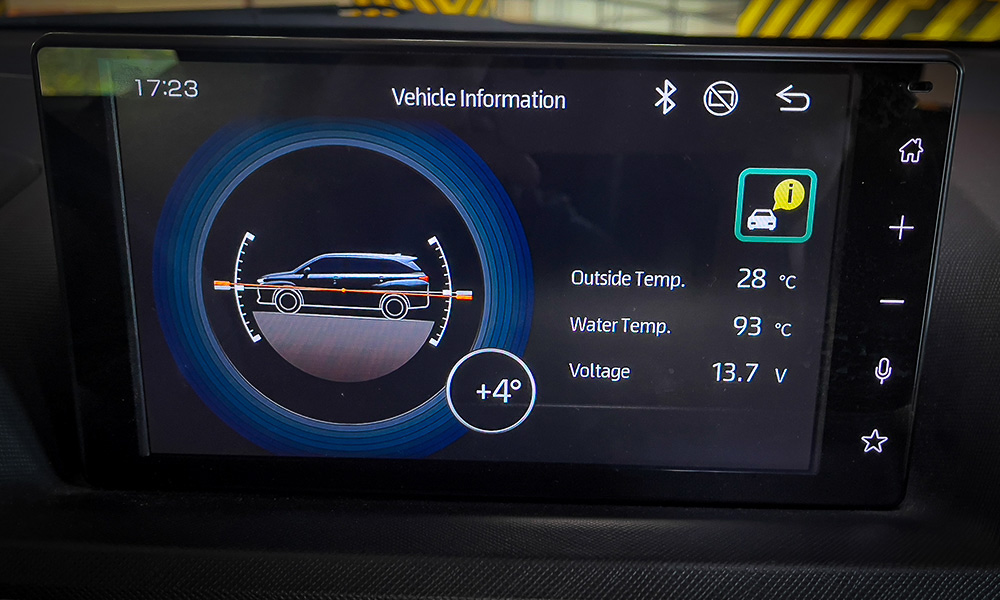
The tiller has a few more buttons. The instrument cluster has a seven-inch TFT display with LCD speedometer and fuel gauges. Also, the nine-inch touchscreen infotainment screen is also bigger, complete with an inclinometer since this is a crossover.
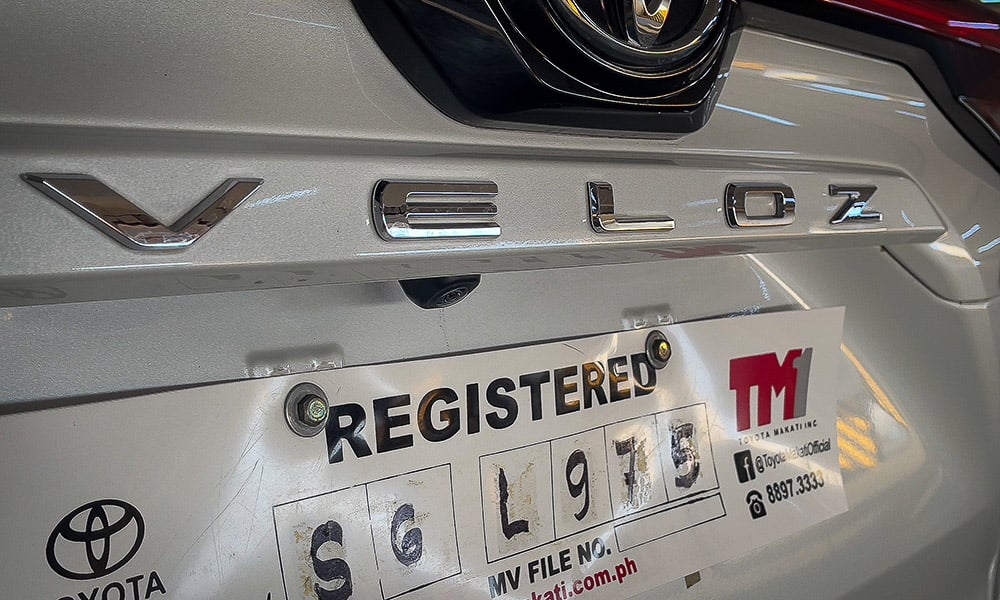
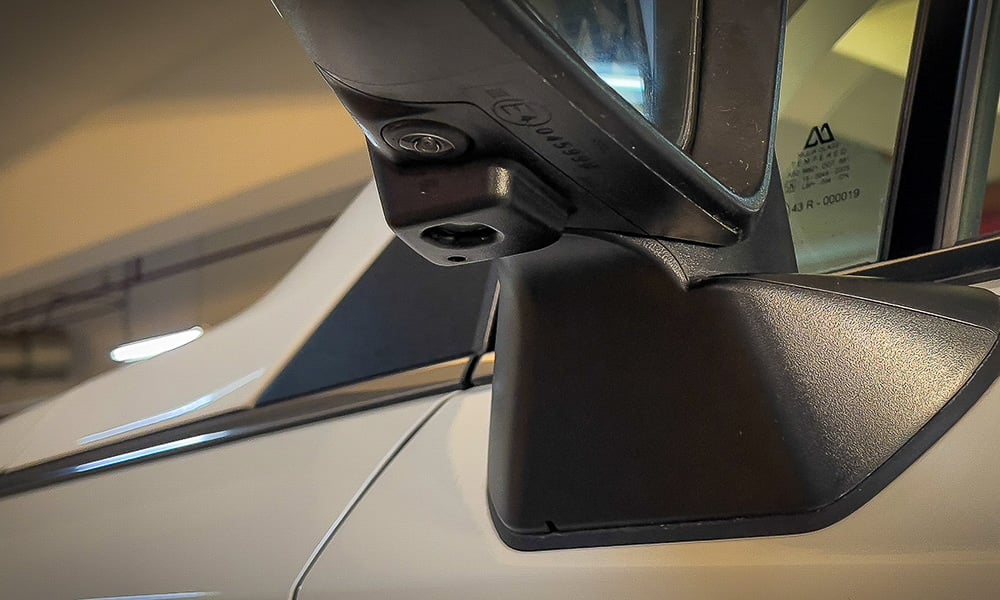
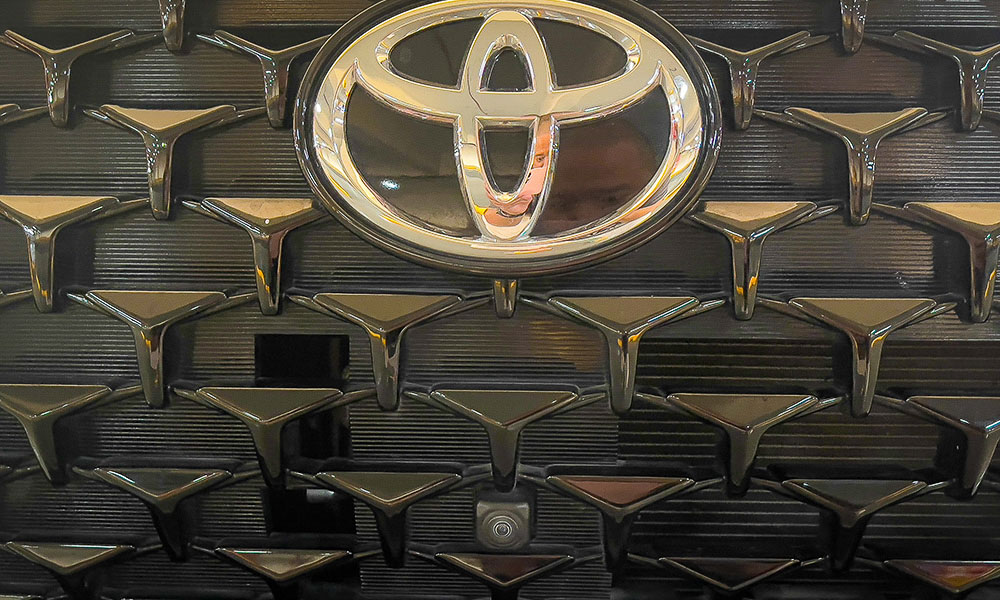
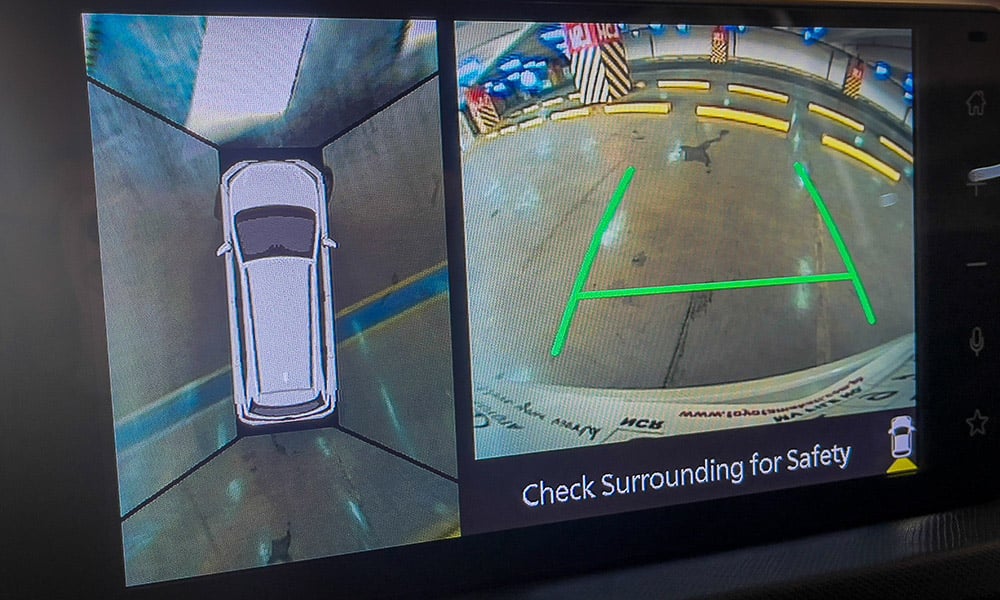
The fusion of synthetic leather and fabric does wonders in keeping your bum cooler. All seven passengers have three-point belts, even for those who sit in the middle of the second row. The size of the cupholders is underwhelming, but is compensated for by more bottle holders.
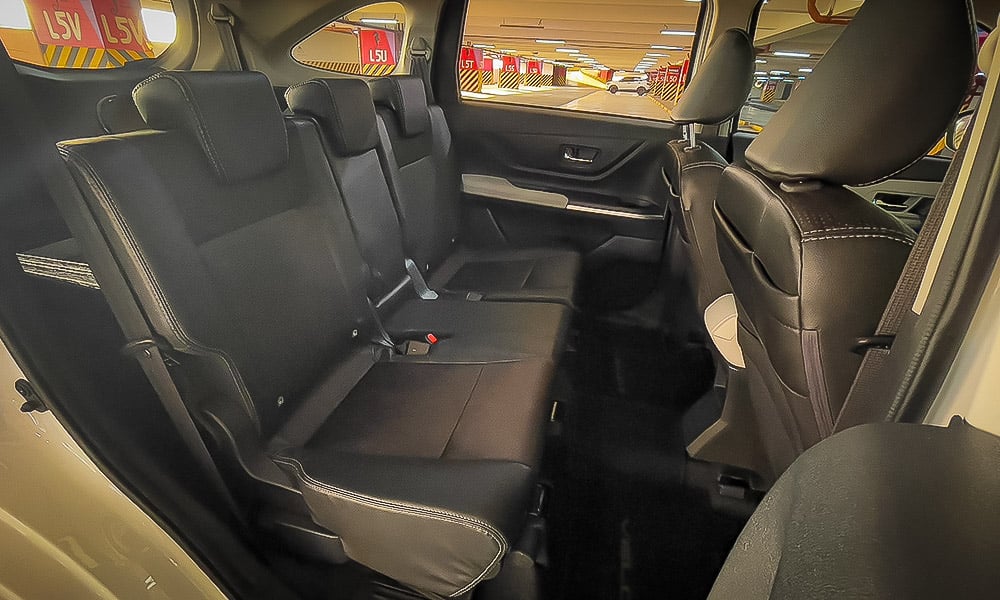
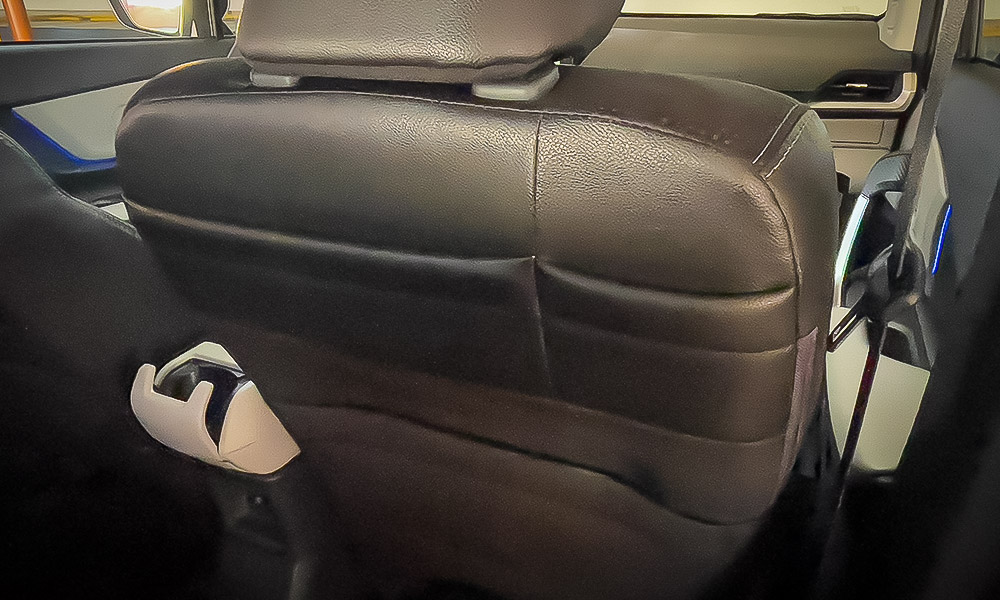
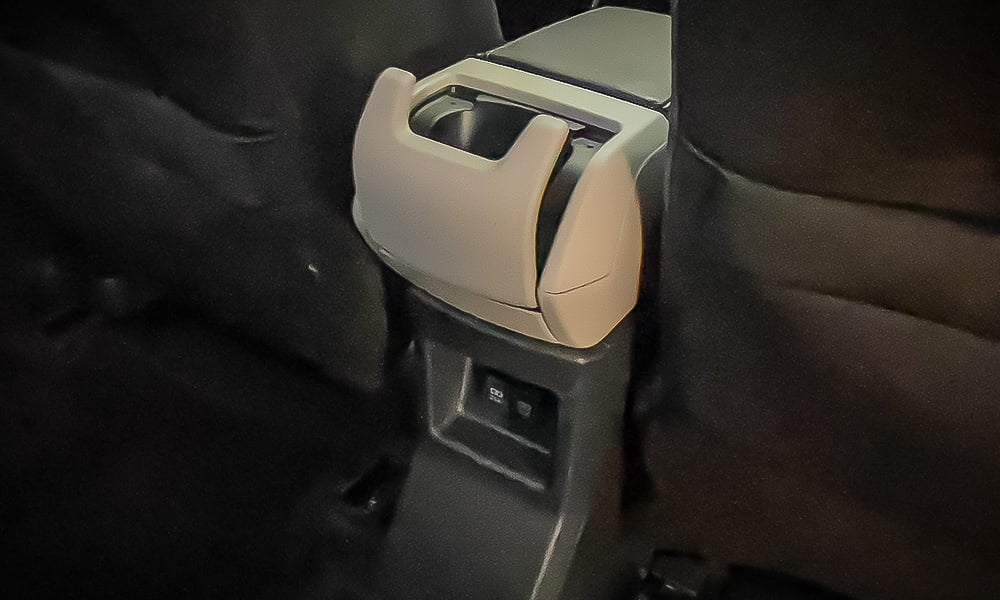
The unique aircon vents on the second row have a different louvre design to compensate for the absence of vents in the third row. Charge points are aplenty, and there is even has a wireless charger. I’m just not a fan of its location.
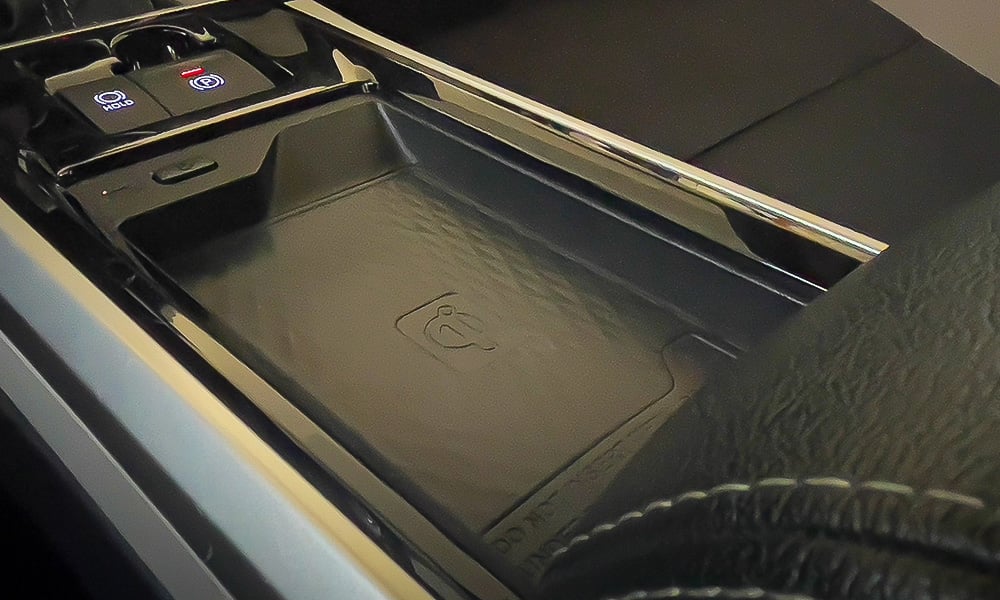
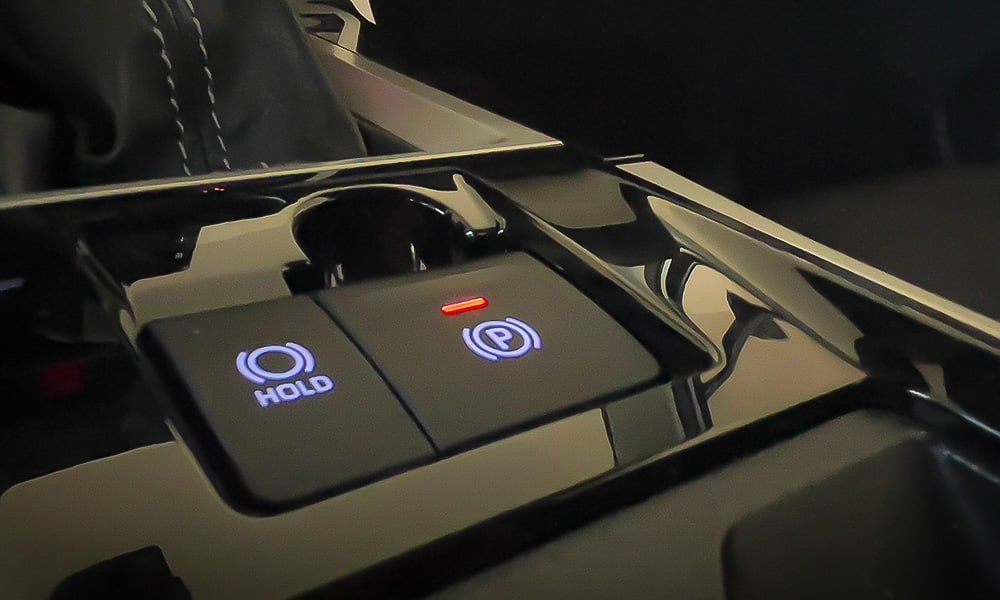
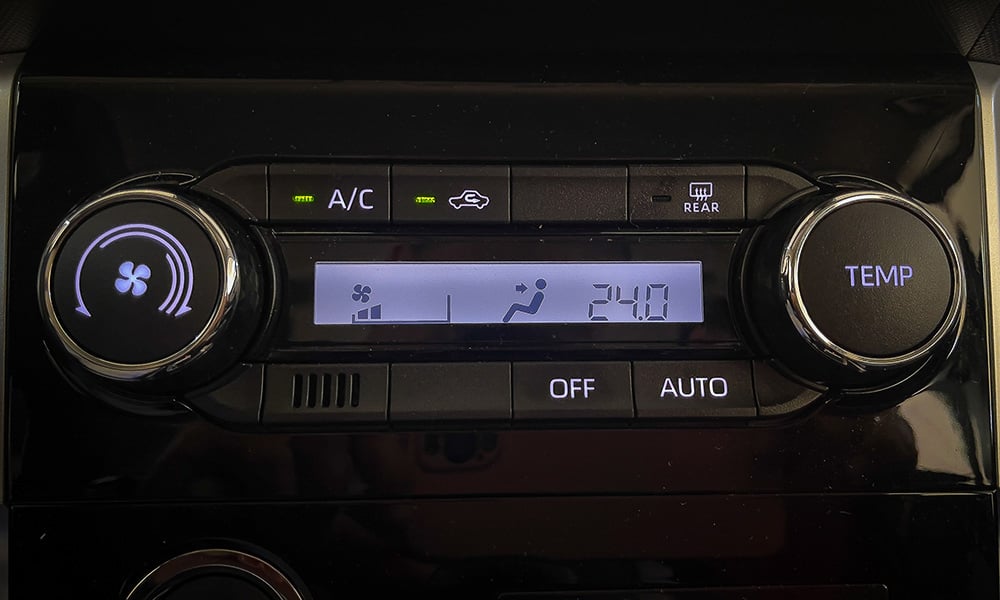
But deep down, this is still an Avanza. The Veloz also uses the same 1.5-liter 2NR-VE engine and CVT of its MPV brother. Though the motor produces 105hp and 138Nm, you won’t feel much of it from a stop.
Like any other CVTs, the Veloz’s does suffer from some lag. But once it hits 15kph, the power delivery feels more direct, starting to pull even at lower revs.
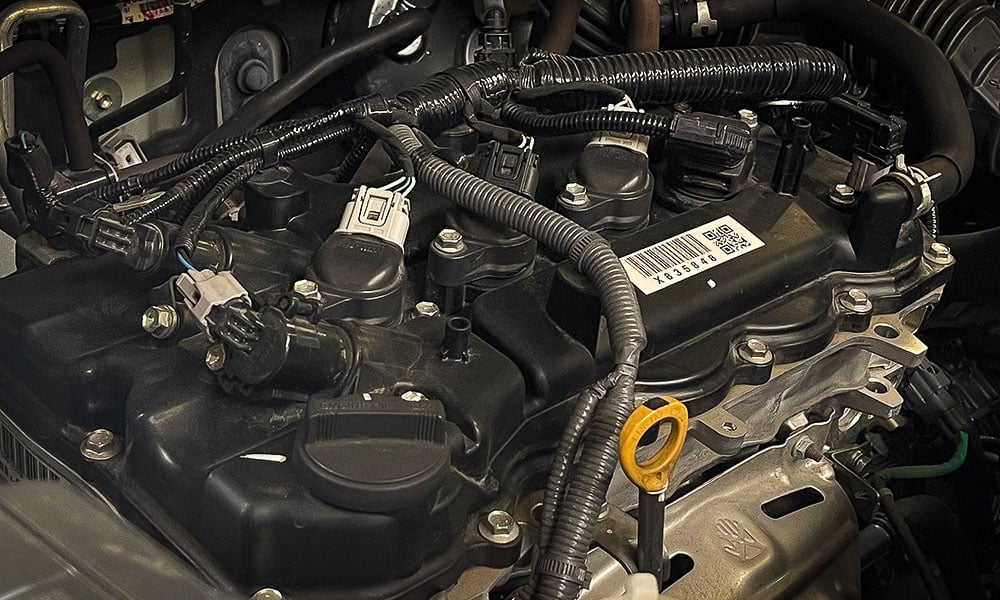
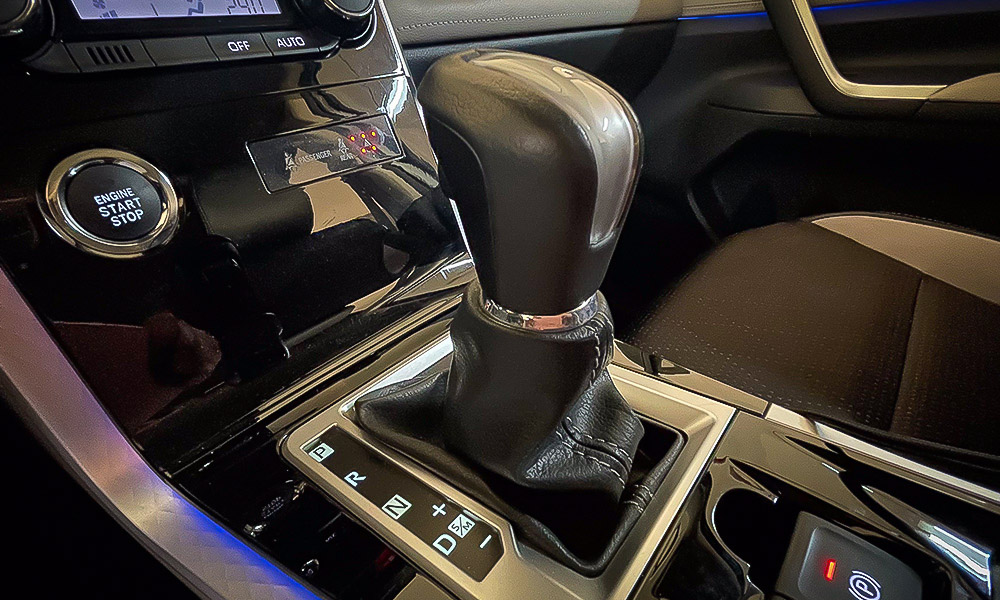
I only managed to do around 200km before the car needed refueling. But the Veloz isn’t to blame for this. There were times when I was only getting 7km/L, but that’s probably because of my unfamiliarity with driving CVTs. The longer I spent time behind the wheel, the thriftier the powertrain unbelievably got.
Once you are used to driving CVTs and you understand their tendencies, their fuel consumption can be really rewarding. One time, I got 20km/L effortlessly when I drove home from Laguna back to Manila. The drivetrain can be that frugal if you know how to use it.
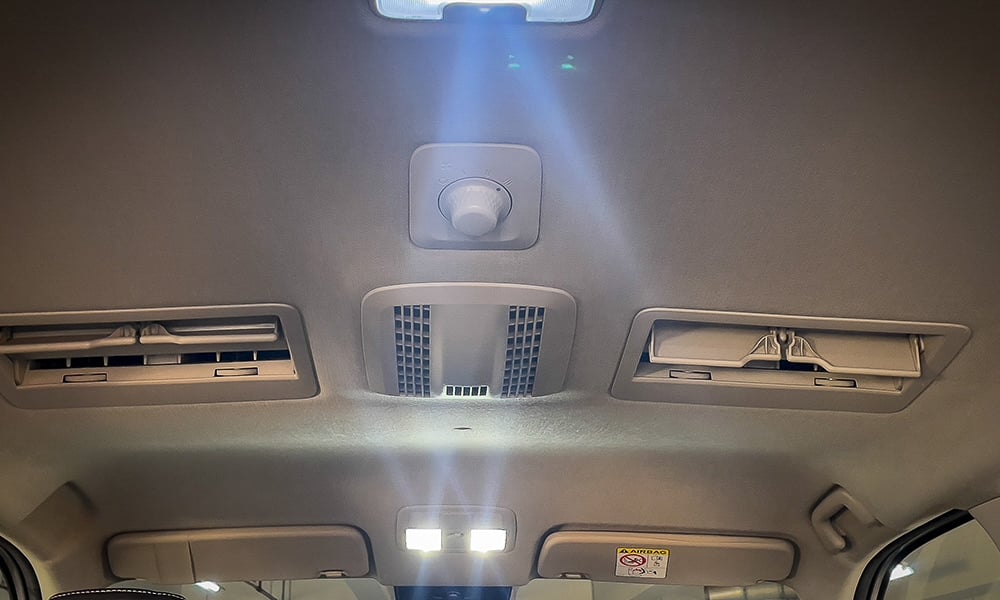
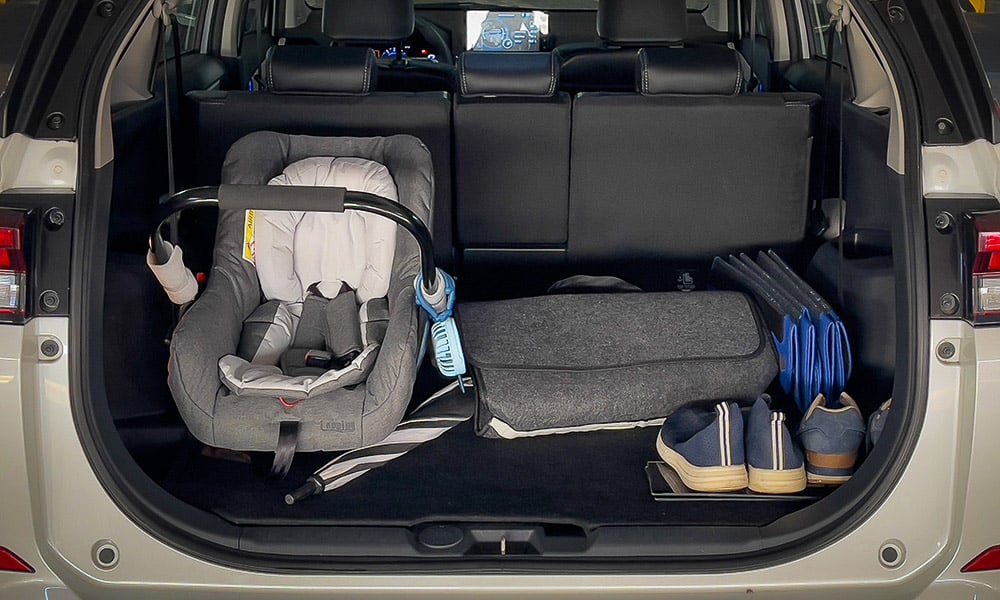
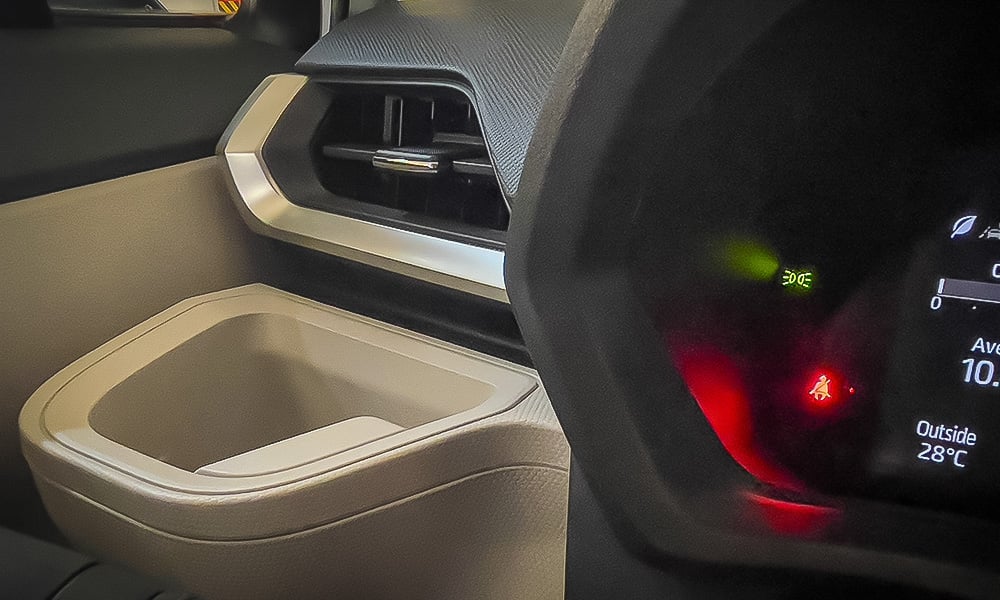
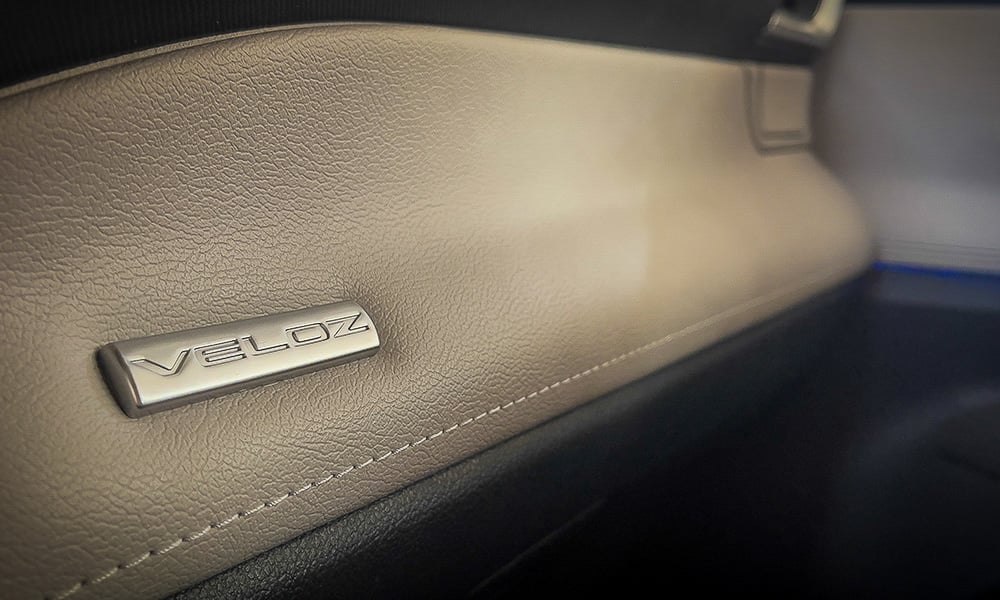
This, then, drives and feels like an Avanza, save for the harsher ride, no thanks to the low-profile tires on those 17-inch rims. Tiis-pogi, as they say. Perhaps the biggest differentiator between the Avanza and the Veloz has to be the latter’s suite of driver-assistance systems.
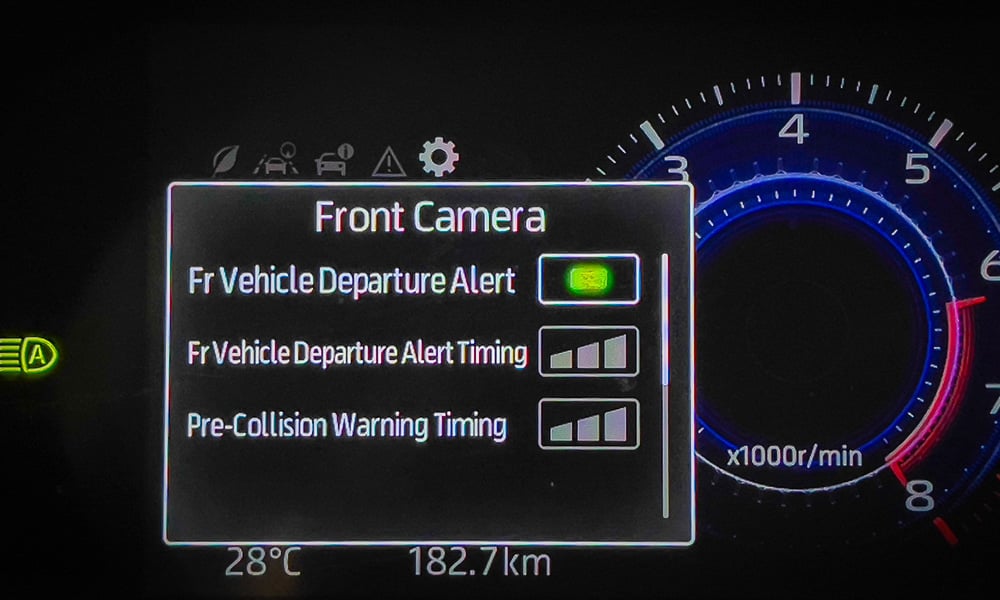
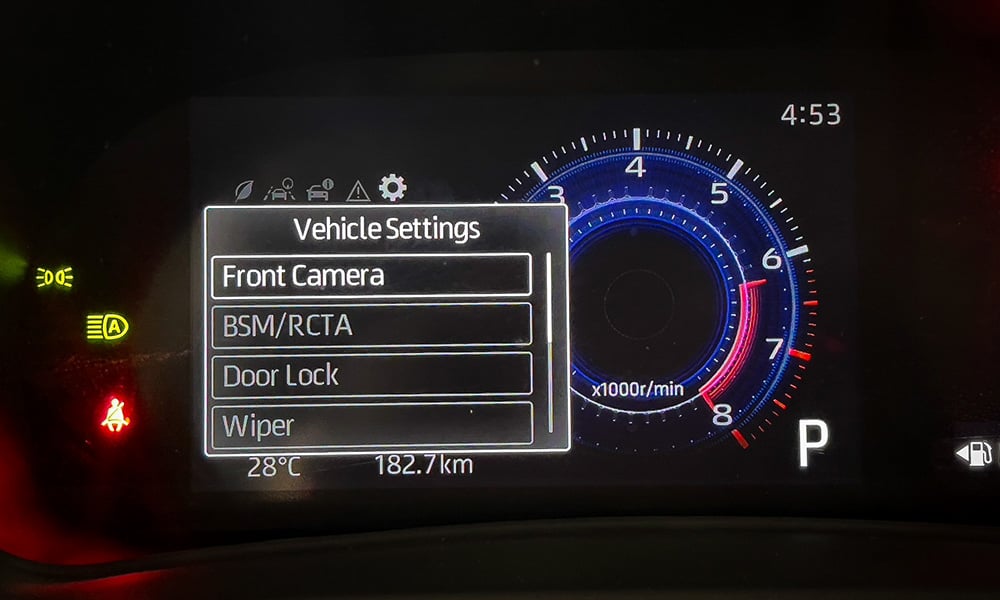
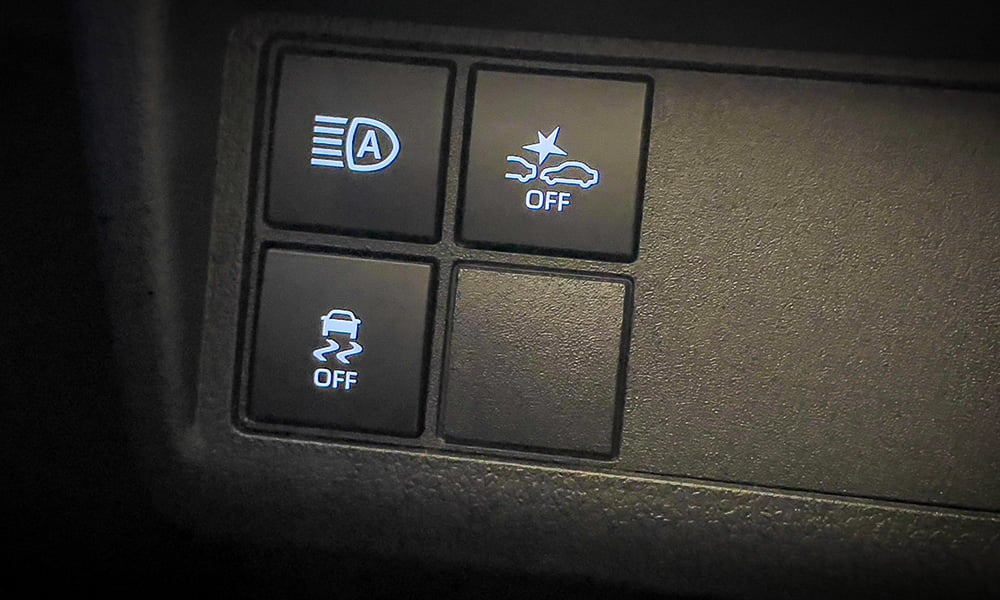
To be fair, top variants of the former also have blind-spot monitoring, a 360° camera system, rear cross-traffic alert, hill-start assist, traction control, antilock brakes, and a multitude of airbags. But only the top-grade Veloz gets the Toyota Safety Sense suite of features. It gets a pre-collision system, automatic high beam, and lane-departure alert.
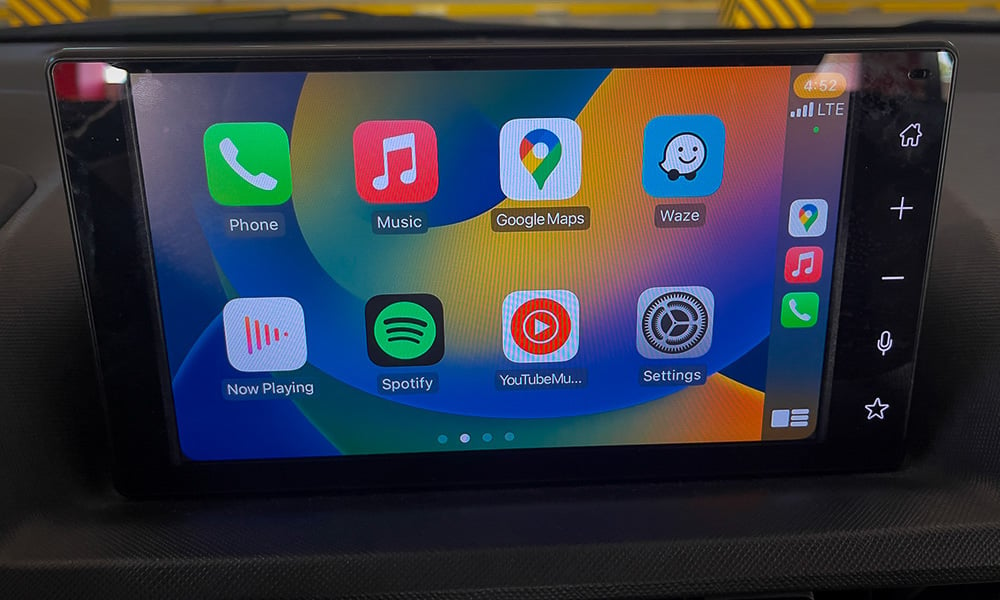
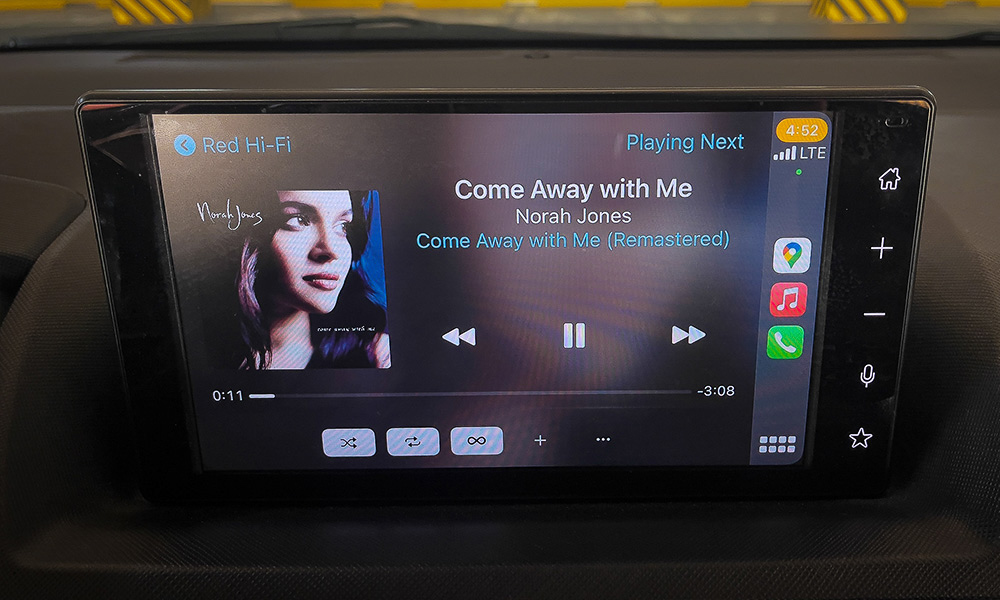
Many things are going on for the Veloz enough to satisfy most Pinoy buyers. But then again, I have a few issues with it. The center stack looks good, but the wireless charger would be better placed under the aircon switches.
The Veloz has an automatic climate control system, but you can’t control the airflow even if there’s an indicator on the screen.
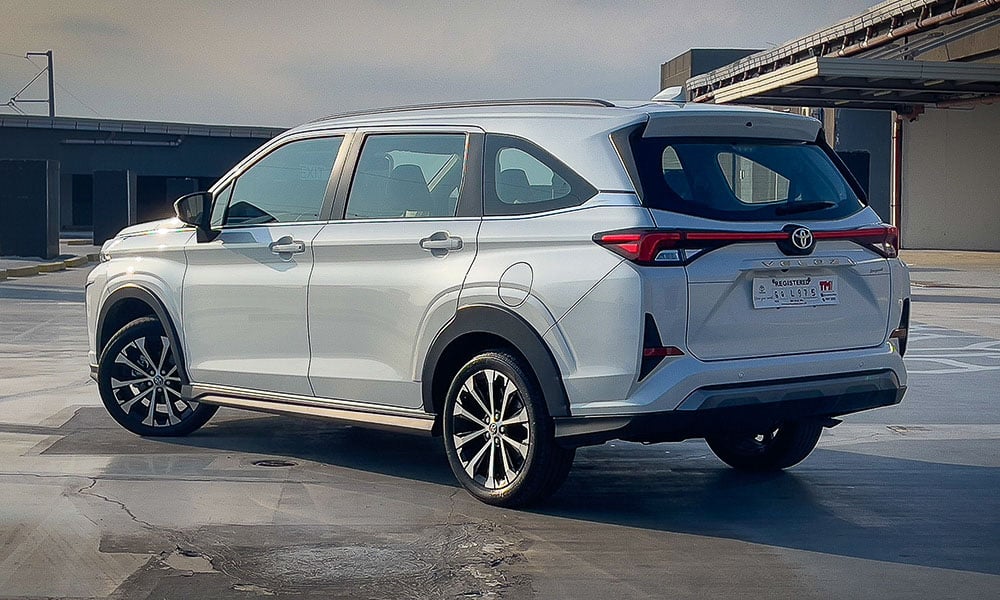
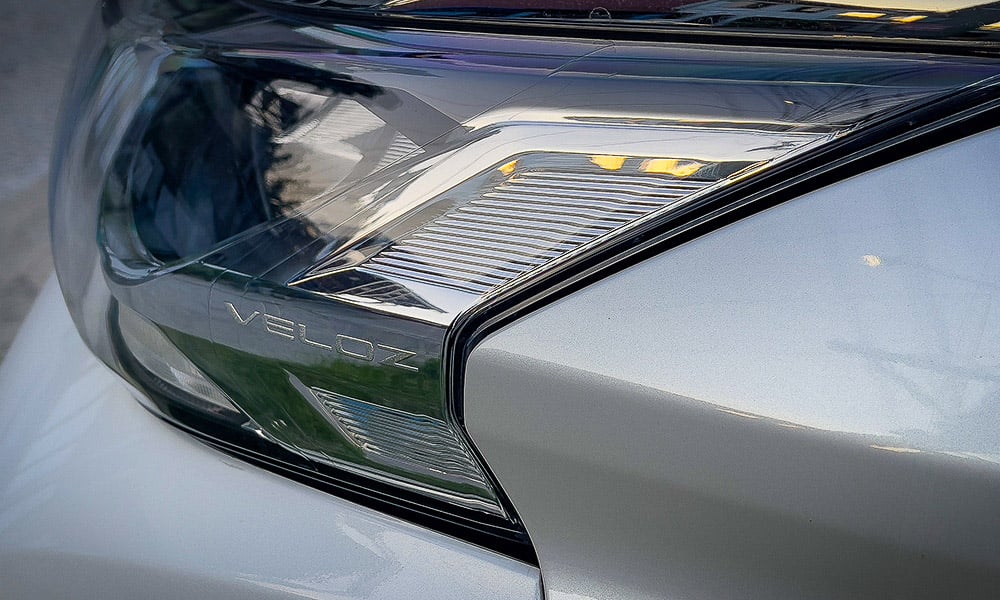
At P1,250,000, the Veloz still manages to undercut the pricing of its peers even with the additional P15,000 premium for the Platinum White Pearl Mica color.
Sadly, things like adaptive cruise control, pedal misoperation control (so its future owners can’t use SUA as an excuse for their errors), and front clearance sonars were removed to make this possible (Thailand and Malaysia models have these).
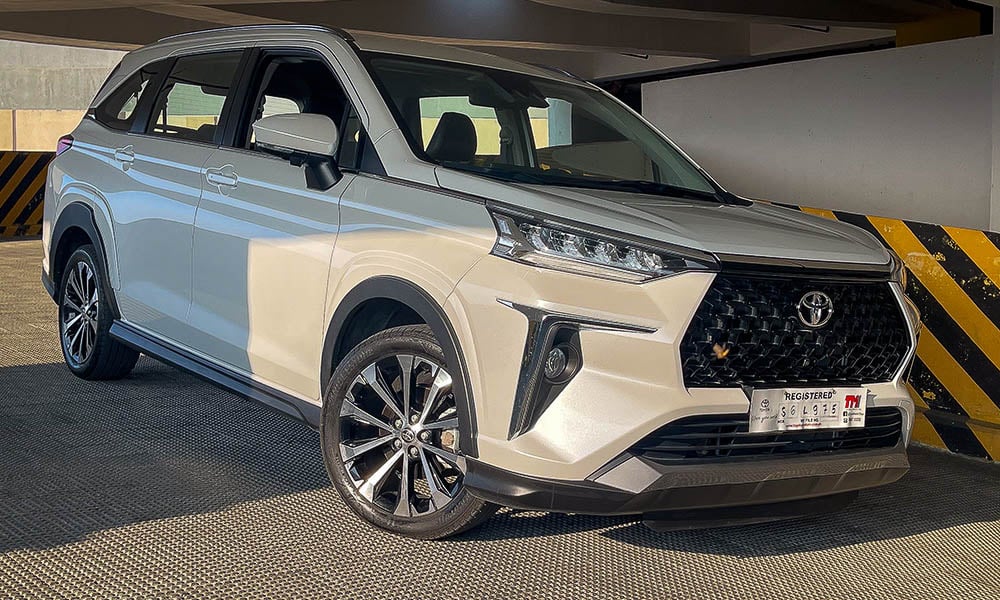
So, can the Veloz be marketed as a new vehicle separate from the Avanza? Um, it’s both a yes and a no for me. While some Avanza-ness is still here, it is a solid vehicle overall. Toyota has done a great job to make it look and feel like an entirely new vehicle.
I just wish that TMP had gone all out in speccing the Veloz. Doing so would make this very good vehicle even better, ready to dominate the segment and give the competition some serious beating.
TOYOTA VELOZ 1.5V
| Engine | 1.5-liter four-cylinder gasoline |
| Transmission | CVT |
| Power | 105hp @ 6,000rpm |
| Torque | 138Nm @ 4,200rpm |
| Dimensions | 4,475mm x 1,775mm x 1,700mm |
| Drive layout | FWD |
| Seating | 7 |
| Price | P1,250,000 (P1,265,000 for Platinum White Pearl Mica) |
| Upside | Good looks, solid build, list of standard features, and legendary reliability. |
| Downside | A stiffer ride and the omission of some features. |


0 Comments